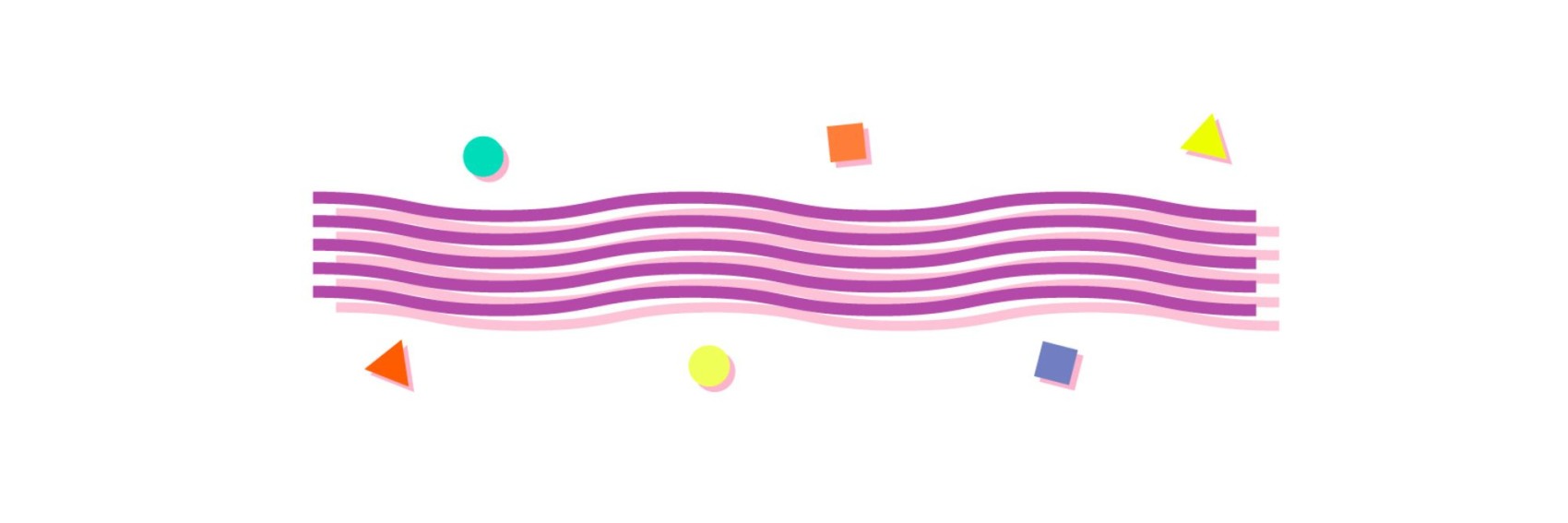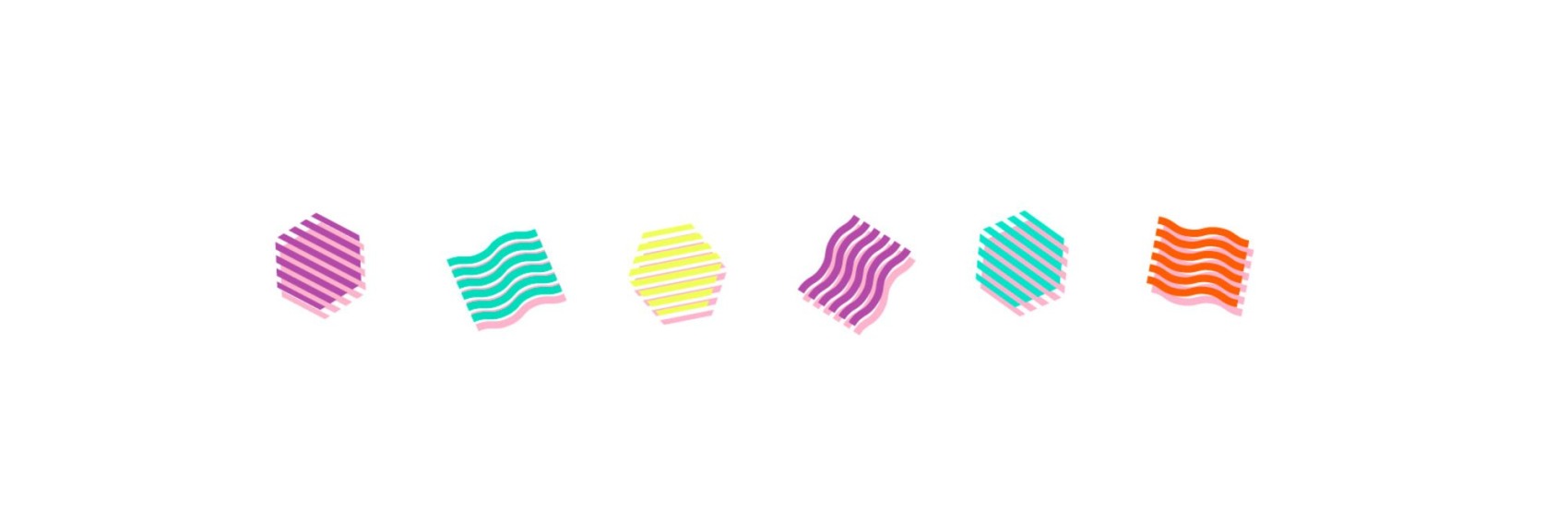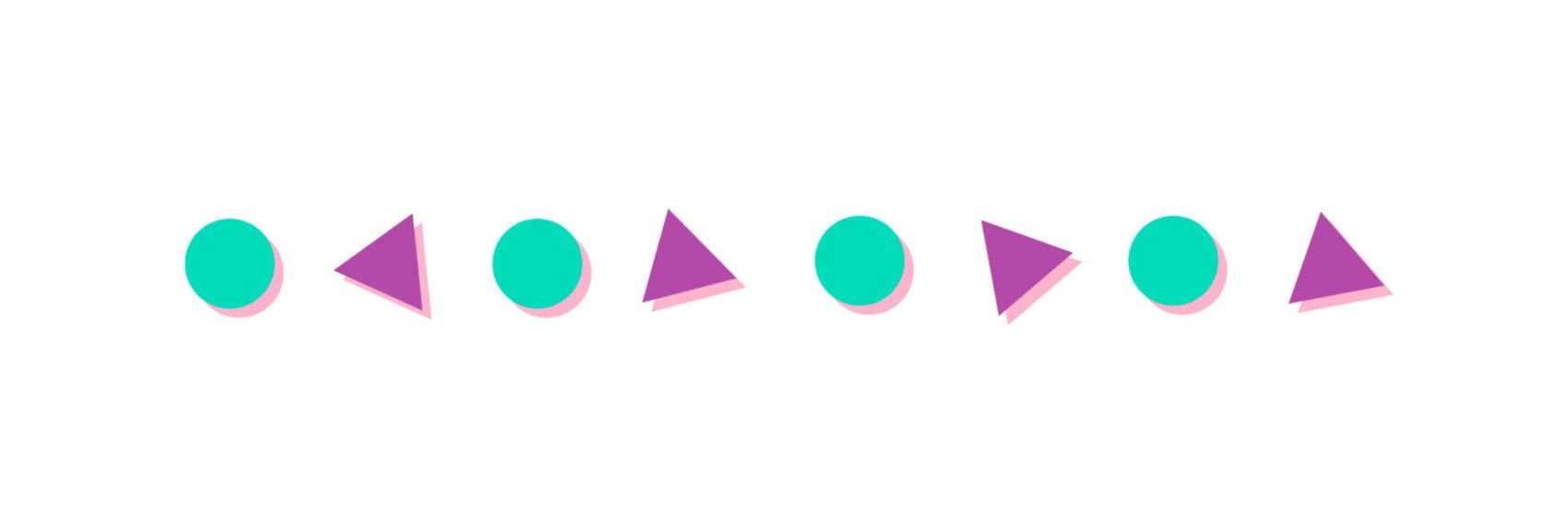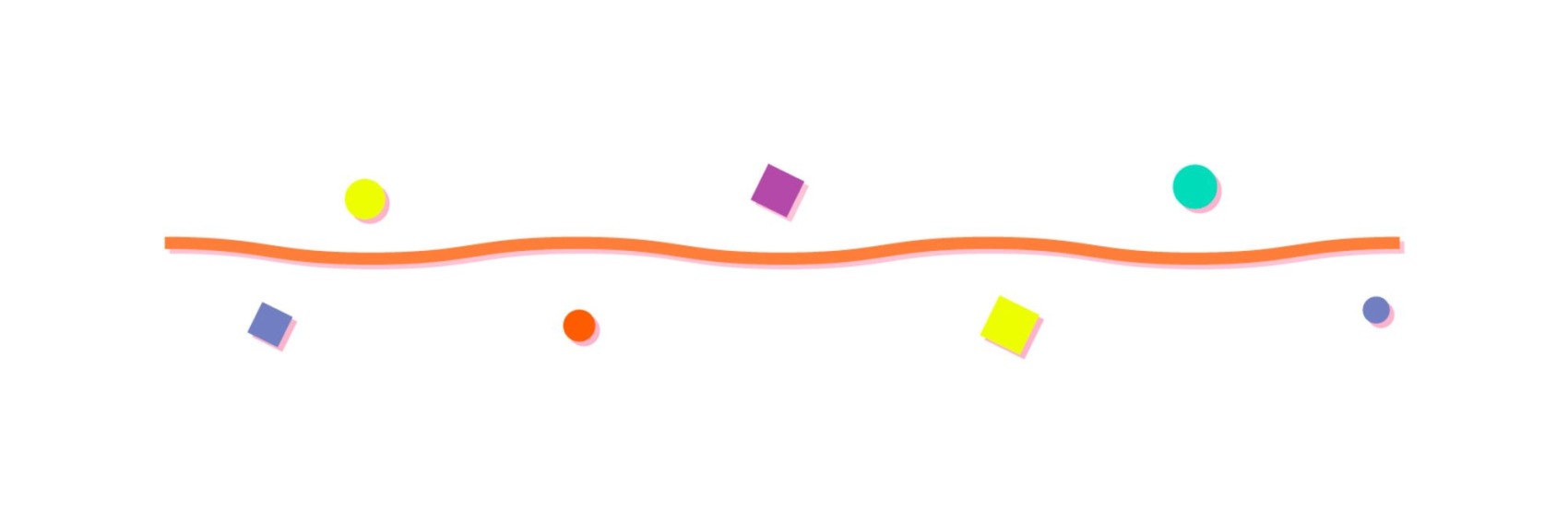5 Things To Prepare Before Investing in a Website
16 April 2020
Whatever your reason is for needing a new website there are certain things you should think about before you hastily jump in. If some of these pieces are missing you may end up finding the whole process more troublesome than you ever imagined. Make sure you have these things in order before you invest in a website and you will reap the rewards of a great web design execution and implementation by your friendly web designer.

1. Have a reason for having a website
It seems obvious, but seriously, make sure you have a genuine reason for having a website in the first place. A website is an intricate little system and something that needs TLC. If you think you’re going to get a website and its automatically going to run your business or sell your product you’re mistaken. A website needs to be attended to and in most cases the content needs to be updated and kept relevant in order to do its job. That takes time. So make sure you have a good reason to have a website and that it is genuinely worth having in your life.
Reasons to have a website include: promote or explain your business; sell a product/service; create informative content (such as a blog or restaurant menu); allow people to use it as a tool of sorts (todays weather is…).

2. Have a (business) plan
If your website is for your business then make sure you know what your business is and what it is trying to achieve through the website. Again, sounds obvious, but many start ups, and even established companies, haven’t quite thought through what they want their website to achieve, or what its purpose is. Knowing this in the beginning will help a lot with the layout and message of the website and convert your visitors into clients/customers/followers/etc. You may have a great product, for example, but how you plan to sell it (on the website or not) is something that should be thought through from the beginning.
Considerations for a plan: What features of your company do you want to highlight (and not highlight)?; what is the best way for people to gain access to your product/service (an e-commerce store, a catalogue, a quotation, etc)?; what, ideally, will a visitor to your website leave with?

3. A brand identity
Asking a web designer to build you a website is one thing. Asking them to give your company a distinctive, attractive look (aka a brand identity), via the website, is another. If you do not have ideas about what you want the website to look like then you could easily fall into the trap of not getting what you had hoped for and the revision cycle will go on and on (and the bills add up). If you’re an established company you may have some brand guidelines that you can give to your web designer, or at least some reference as to the colors, typography, logo, symbols and design elements that your company uses. If none of these things exists in your company’s fabric then you will need to speak to your web designer about this. They may be able to offer this service themselves (just like we at Dymantic Design do), or they may be able to point you to a graphic designer to assist you with a brand identity.
Absolute bare minimums for a brand identity: A logo; a color scheme, a typographic hierarchy; a ‘vibe’ (what is the personality of your business? Corporate and clean, young and fresh, organic and lively, techy and modern, etc.)

4. Content
At some point text and images will need to be added to your website. You need to be ready for this. Through initial discussions with your web designer there should be a plan about what content is going on which pages of the website. This will most likely be discussed when laying out a wireframe of the website. Usually this is not needed at the very beginning of a project, but the sooner you can get it to your web designer the better. And remember, web text is a different animal from printed material. You need to get that information refined and succinct. Web attention is much shorter than anywhere else in the reading world.
For photo imagery you may need some very specialized shots, say, for example, of your restaurant food or the product you’re selling or your wonderful team of colleagues. Make sure you get professional photos done. And just in case this needs reminding… a web designer is not a professional photographer too, despite common misconceptions.
Hint: If you want a dual-language website you will need to provide your web designer with the respective translations too, all nicely organised, of course.

5. A good relationship with your web designer
Building a website is no small task and it will certainly involve a lot of communication between you and your web designer. Things might even get a bit heated as you both navigate your way to the end goal. But at the end of the day you want to know that your web designer has your best intentions at heart, even if that means counselling you on what is best (despite your preconceived notions), and that you are in good hands. And not just at the beginning, middle or even end of a web design project, but long thereafter because, as we say in the business, a website is never finished. What you really want is a good relationship whereby you can come back at any time with questions or concerns about your website and know that they are there to help and keep your website ticking along nicely.
Things to consider when starting a relationship with a web designer (does this sound like a marriage? Cause it is.): Can you communicate frankly with them? This is where the ‘don’t do business with family’ comes into play. So no, don’t hire your nephew. Do you feel like you can trust them long after the website is actually built? Do they charge you fairly for the work they do? Do you trust their expertise, and therefore give them creative license wherever possible? Do they trust you? Strange question, right? But you may get sub-par work if you're not in their good books. If you answer ‘no’ to any of these questions then you should keep shopping around.

Bonus: Time and Money
Websites, despite what youtube ads tell us, do cost money and the time put into making one is no blink of an eye. If you are serious about your business and its goals then it makes perfect sense to invest well in your website. Let professionals take care of it. Don’t pinch pennies and don’t cut corners. A website is where many people will find out about your business. Make sure it looks good, performs well, adapts to all devices and does what you intended it to do. For this to happen, you will need to pay decent money and you will need to allow some time for it.
We are a web, graphic and logo design agency who values good, professional working relationships with our clients. Get in touch with us now to start your next project.

